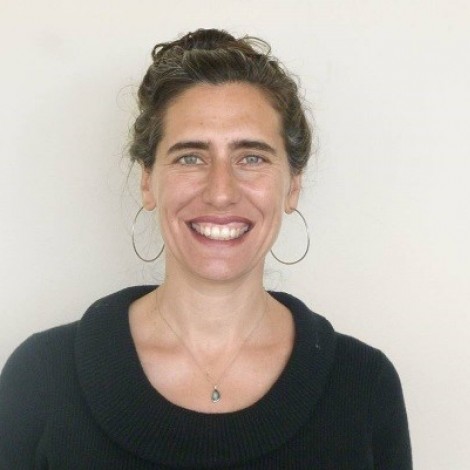The Research Consortium on Religious Healthcare Institutions is an innovative program designed to address the growing impact of religiously sponsored healthcare. In our research thus far, we have identified the prevalence and predictors of physician conflict with religious hospitals and described qualitative themes on religious directives interfering with patient autonomy and leading to unsafe medical practices in specific circumstances. Our work has been cited in court cases challenging abortion restrictions and reported widely in the media, but there remain many unanswered questions. Advocates in the field need new research in order to advance public policy towards health care that respects patients' autonomy and prioritizes their well-being over institutional adherence to religious doctrine. Using a combination of online and live resources, the Consortium will organize and facilitate disparate research efforts, foster academic interest, and connect researchers to policy advocates. By training and supporting researches to collaborate across institutions and engage with advocates and the public, we will delve deeper into the issues of religious healthcare and play a substantial role in improving the healthcare of all patients and communities affected by religious healthcare policies. As leasers in this field, we have cultivated relationships with fellow researchers throughout the country as well as key advocates, and we need this Consortium in order to catalyze new research and move the political dialogue further.
Through this program, we aim to:
- Cultivate a community of researchers, build research capacity, and foster rigorous inquiry about religiously affiliated healthcare institutions
- Create an infrastructure for researchers and advocates to connect with one another, so that respectively they can better conduct and utilize studies addressing key pieces of missing research to inform the public discourse and advance evidence-based policy.

